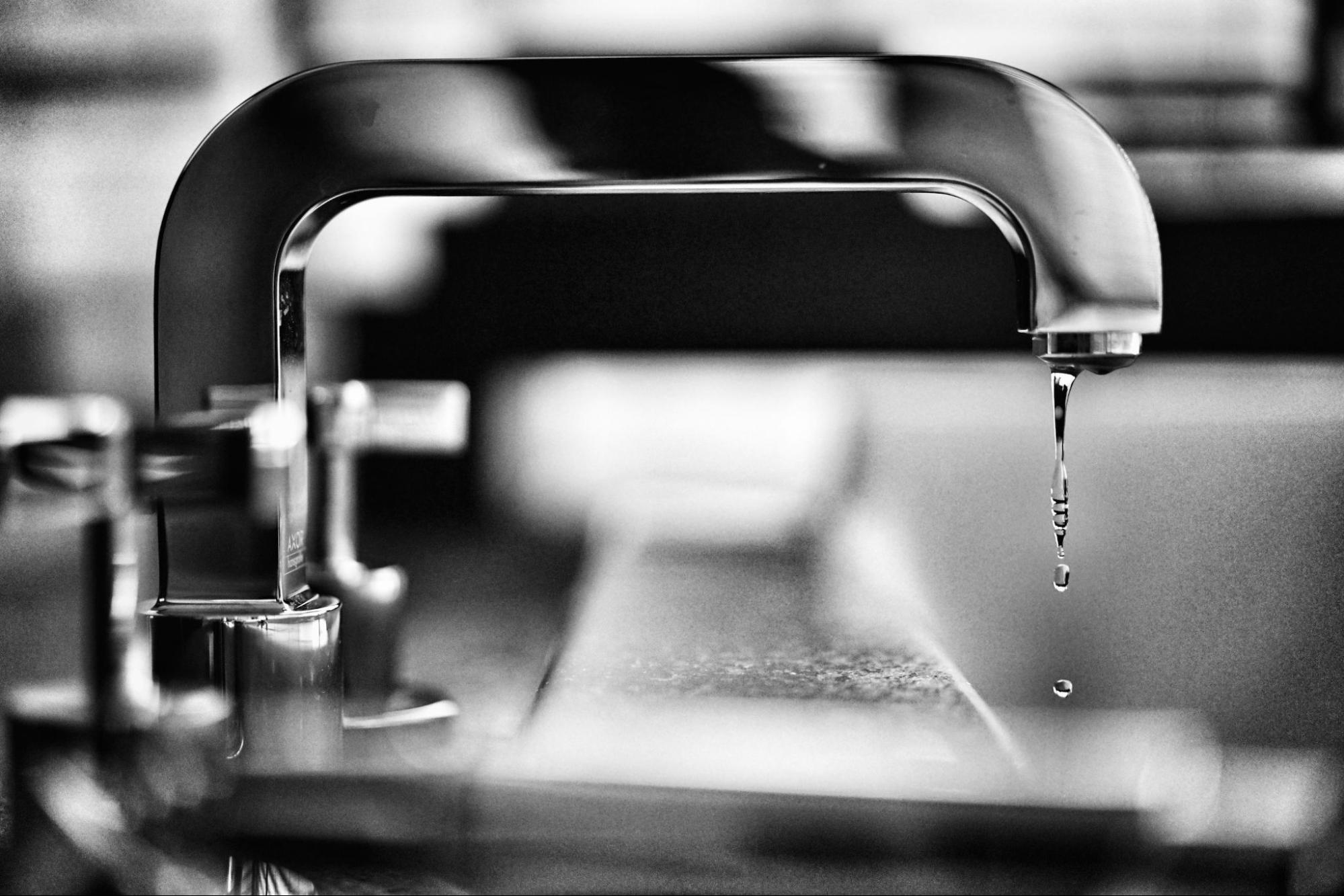
Discover the benefits of home water filtration systems, types available, and how to choose the right one for your needs. Ensure safer, cleaner drinking water!
Water is a vital resource, and its quality has a direct impact on our health and well-being. Although tap water is generally treated to be drinkable, it may contain residual contaminants, affecting its taste, odor, and purity. This is why more and more households are opting for domestic water filtration systems. In this article, we'll explore the different types of systems available, their benefits, and how to choose the one that best fits your needs.
Why filter tap water?
Even if municipal water meets drinking standards, it may contain undesirable substances such as chlorine, heavy metals, pesticides or microorganisms. These elements can not only alter the taste and smell of water, but also pose long-term health risks. An effective filtration system eliminates these contaminants, offering purer water that is more pleasant to consume.
The different types of filtration systems
There are several filtration technologies adapted to the specific needs of households:
1. Activated carbon filters
These filters use activated carbon to adsorb organic contaminants, chlorine, pesticides, and some heavy metals. They are effective in improving the taste and smell of water. According to NuWater, activated carbon is particularly useful in removing chlorine, ensuring water that is safer and more pleasant to drink.
2. Reverse osmosis
This system uses a semipermeable membrane to remove up to 99% of contaminants, including salts, nitrates, heavy metals, and bacteria. Although very effective, it requires sufficient water pressure and produces a certain quantity of rejected water.
3. Sediment filters
Designed to remove airborne particles like sand, rust, or debris, these filters protect household appliances and extend the life of other downstream filtration systems.
4. UV sterilization
Ultraviolet light is used to destroy pathogenic microorganisms such as bacteria and viruses. This system is often used in addition to other filtration methods to ensure complete disinfection.
5. Water softeners
These devices reduce water hardness by eliminating calcium and magnesium ions, which are responsible for tartar. They are particularly useful in areas where the water is very calcareous, thus protecting pipes and household appliances.
Benefits of a home filtration system
- Improved health : By removing contaminants, you reduce the risk of water-related diseases.
- Optimized taste and smell : Filtered water is generally more pleasant to drink and to use in cooking.
Economy : There is less need to buy bottled water, which means savings in the long run. - Device protection : Filtered water reduces the accumulation of scale, extending the life of household appliances.
How do I choose the right system?
The choice of a filtration system depends on several factors:
- Water analysis : Have your water tested to identify the contaminants present.
- Specific needs : Do you want to filter all the water in the house or only that intended for consumption?
- Budget : The costs vary depending on the type of system and its installation.
- Interview : Some systems require regular maintenance, such as replacing filters.
Conclusion
Investing in a domestic water filtration system is a smart decision to ensure the quality of the water you consume on a daily basis. In addition to improving your health and comfort, this contributes to the protection of your household appliances and to the reduction of your ecological footprint. At Plomberial, we are at your disposal to advise you and install the system that best suits your needs.


